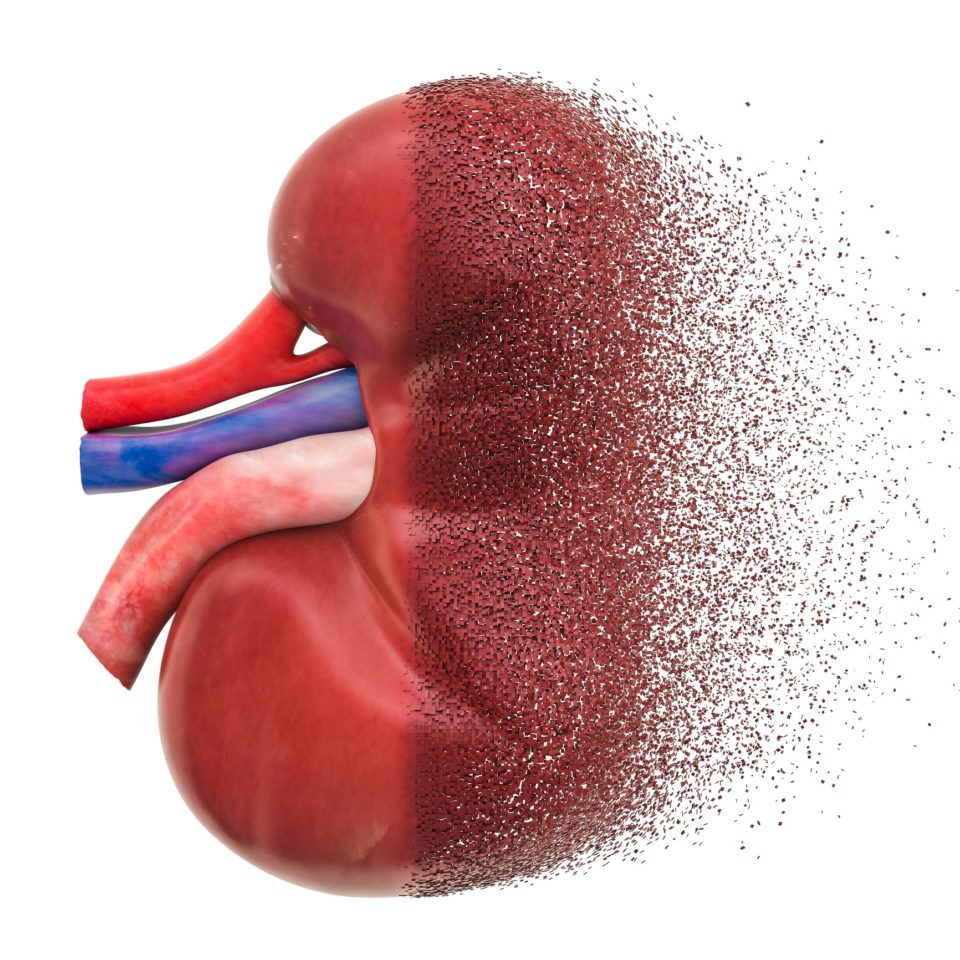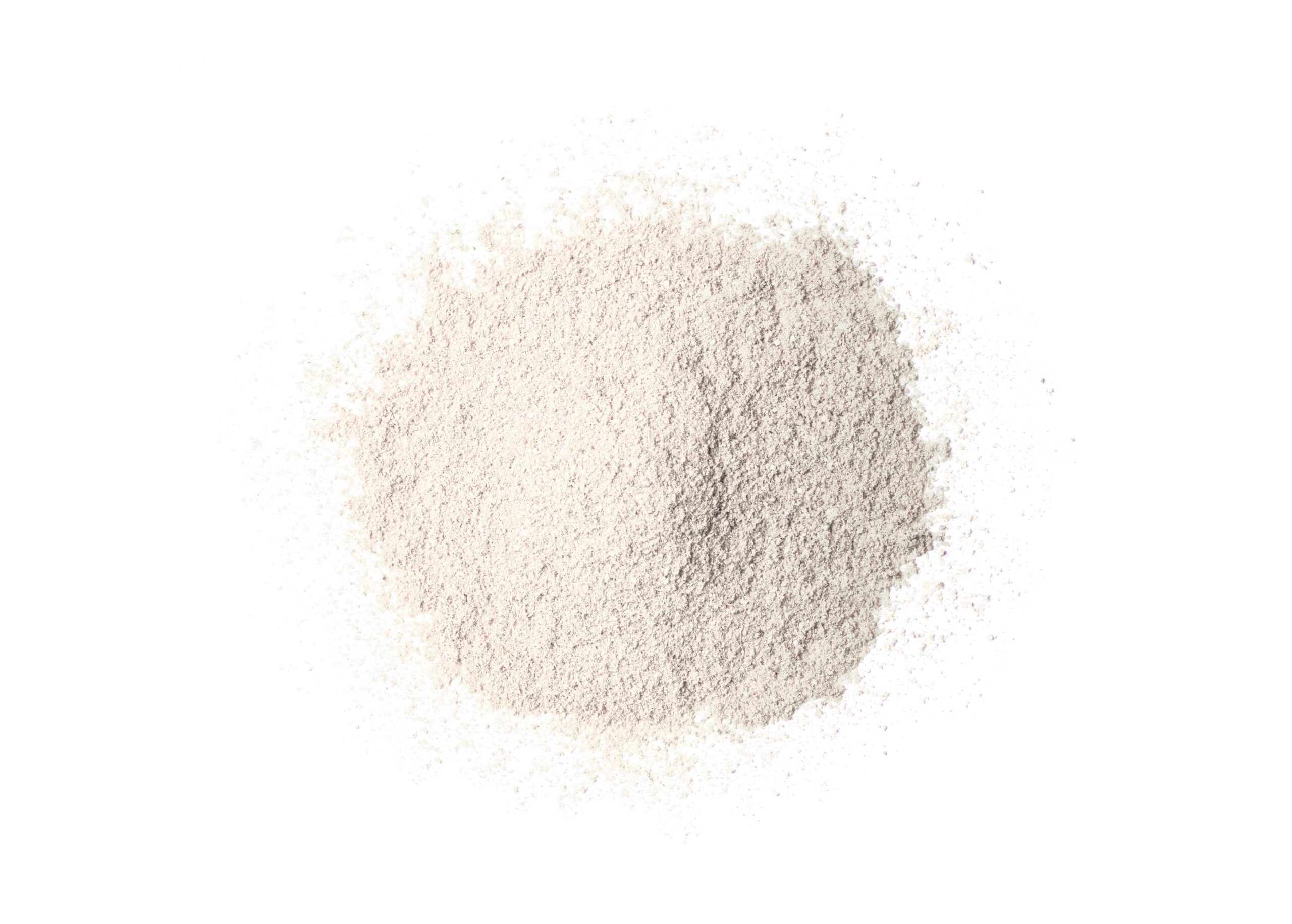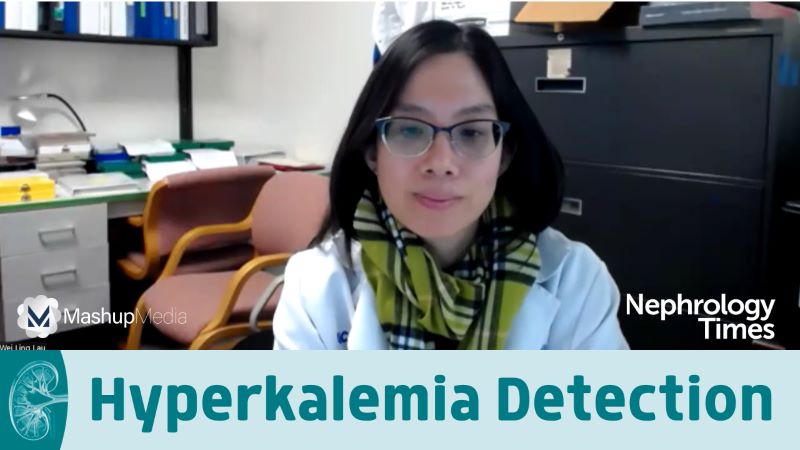
Results of a real-world study conducted by Abiy Agiro, PhD, and colleagues were reported during a poster session at NKF SCM22 in a poster titled Impact on Hospitalizations of Long-Term versus Short-Term Sodium Zirconium Cyclosilicate Therapy During Routine Care for Patients with Hyperkalemia: RECOGNIZE I. The study was designed to evaluate use of sodium zirconium cyclosilicate (SCZ) in outpatients with hyperkalemia as well as the impact of long-term versus short-term use of SZC on hospitalization for hyperkalemia.
A large US claims database was used to retrospectively identify adult outpatients ≥18 years of age with a first initiation of SZC from January 2018 to June 2020. Inclusion criteria were continuous insurance coverage 6 months before (baseline) and after (follow-up) index SZC therapy (total coverage of 12 months). Analyses were conducted for all patients and for a subgroup of patients with non-end-stage kidney disease (non-ESKD). The main objectives were to identify characteristics associated with long-term (>90 days) versus short-term (≤90 days) SZC use. Rates for hospitalization for hyperkalemia among groups were compared. Multivariate logistic regression was used to assess predictors of long- versus short-term SZC use.
Of the overall cohort of 1153 patients, 35% (n=405) received long-term SZC therapy and 65% (n=748) received short-term SZC therapy. Over 6 months of follow-up, 33% fewer patients with long-term SZC use versus short-term SZC use were hospitalized with hyperkalemia (15% vs 10%, respectively). Results were similar for the non-ESKD subgroup.
In all patients, significant predicators of long-term SZC use were baseline number of hospitalizations (lower odds) and chronic kidney disease (CKD) stage 3/unspecified (higher odds vs no CKD-ESKD). In non-dialysis patients, significant predictors of hospitalizations were liver disease (lower odds) and CKD stage 3 (higher odds vs no CKD/ESKD).
In conclusion, the authors said, “Approximately one-third of patients received long-term SZC. CKD stage 3 was a predictor of long-term SZC. Hospitalization with hyperkalemia during follow-up was lower with long-term versus short-term SZC therapy; this was also observed in the baseline period.”
Funding for RECOGNIZE I was provided by AstraZeneca.
Source: Agiro A, Wirtz EL, Young JA, et al. Impact on hospitalizations of long-term versus short-term sodium zirconium cyclosilicate therapy during routine care for patients with hyperkalemia: RECOGNIZE I. Abstract of a poster (Poster #305) presented at the National Kidney Foundation 2022 Spring Clinical Meetings, Boston, Massachusetts, April 6-10, 2022.







 © 2025 Mashup Media, LLC, a Formedics Property. All Rights Reserved.
© 2025 Mashup Media, LLC, a Formedics Property. All Rights Reserved.